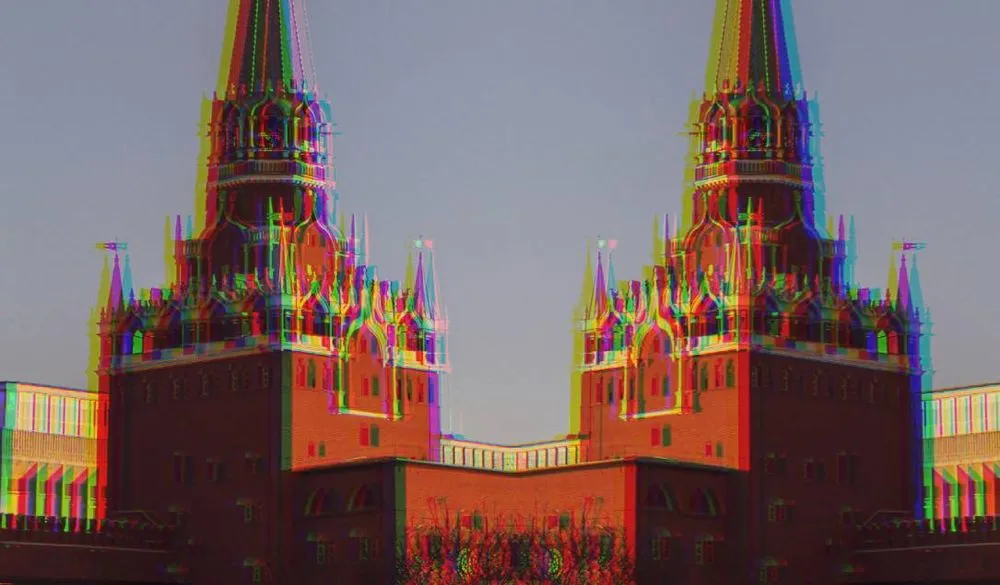Ukraine expects billion-dollar Russian disinformation campaign to peak this spring
Ukraine's military intelligence unit warned that Russia has poured more than $1 billion into an ongoing disinformation campaign aimed to diminish Western support for Kyiv and sow panic and distrust among Ukrainian citizens.
The campaign called “Maidan-3” was launched by Russia last November but is expected to peak between March and May, Ukraine’s Main Directorate of Intelligence (GUR) said in a statement on Tuesday.
“In the coming weeks, the enemy will make every effort to spread narratives destructive to global security and attempt to incite conflicts — both inside Ukraine and in other parts of the world where Ukraine has effective support," the agency said.
Russia's strategy with this campaign, according to GUR, is to destabilize the country and then, taking advantage of the situation, inflict damage on the Ukrainian military on the eastern frontlines.
Ukraine said it estimated that Russia has spent $250 million to spread anti-Ukrainian narratives on the messaging app Telegram, with the whole campaign costing about $1.5 billion. While Ukraine has labeled Maidan-3 as the most expensive campaign by Russian intelligence, there's no independent research to confirm this.
As part of its large-scale disinformation operation, Russia is attempting to undermine trust between Ukrainian citizens, the country’s military and Western allies, GUR said. Russia is also using its spies in Ukraine and other countries to discredit the process of exchanging prisoners of war and organize various protests around the world.
During mass protests by Polish farmers against Ukrainian agricultural imports earlier in February, some of the farmers brought the Soviet Union flag and a pro-Russian poster urging Putin to "bring order to Ukraine, Brussels, and Polish government officials."
There is no clear evidence that Russia was involved in inciting this protest, but Poland's Ministry of Foreign Affairs has called on its citizens to distance themselves from such narratives, as they harm the country's reputation.
“We are convinced that this is an attempt to ‘hijack’ the farmers' protest movement by radical and irresponsible groups, possibly under the influence of Russian agents,” the ministry said.
French foreign ministry officials also warned earlier that Russia has escalated its disinformation efforts in Poland, Germany and France. The Kremlin's goal with these campaigns is to amplify Russia's perceived success in the war in Ukraine, justify its invasion, discredit Ukraine's military and undermine Western support for Ukraine, including the supply of weapons to Kyiv.
Ukraine's intelligence said that Russian special services have “extensive experience” in conducting hybrid wars. “They spend no less on information attacks against Ukraine than on a conventional war,” GUR said.
Ukraine has urged its Western partners and its own citizens to resist the spread of Russian disinformation and enhance their security measures to “effectively counter the challenges posed by a new world hybrid war.”
Over the last two months, Ukraine has signed four security agreements with its Western allies aiming, among other things, to counter Russian cyberattacks and propaganda.
Europe is especially vulnerable to information campaigns this year as it prepares for the EU Parliament elections in June.
Daryna Antoniuk
is a reporter for Recorded Future News based in Ukraine. She writes about cybersecurity startups, cyberattacks in Eastern Europe and the state of the cyberwar between Ukraine and Russia. She previously was a tech reporter for Forbes Ukraine. Her work has also been published at Sifted, The Kyiv Independent and The Kyiv Post.



